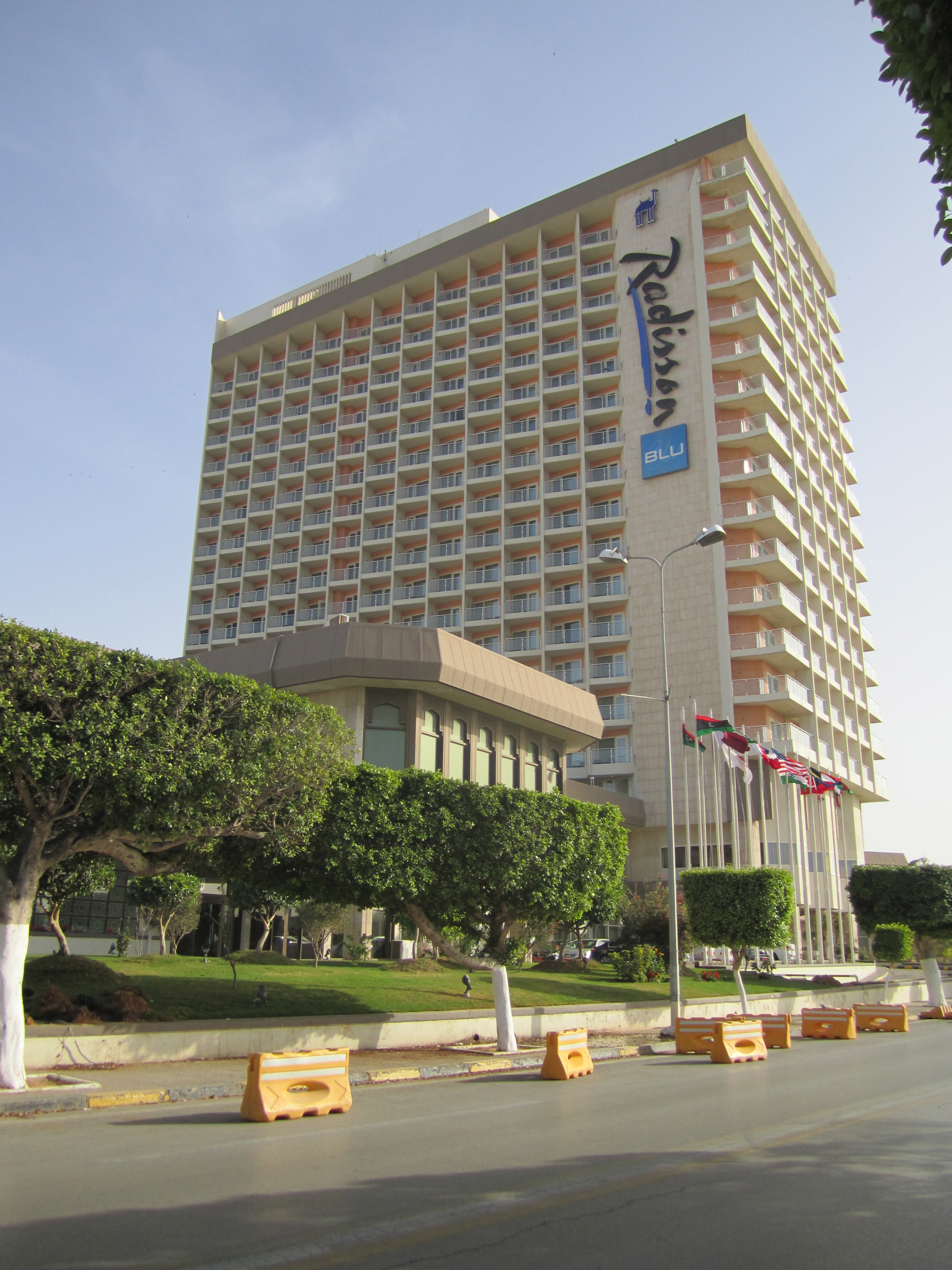Tripoli, 28 April 2013:
Reporters Without Borders (RWB) says that it is very concerned about the constant threats and attacks that Libya’s . . .[restrict]journalists are receiving in the course of their work.
For example, it reports that in one of the latest cases, journalists were attacked by parliamentary security personnel on 20 April while covering a conference on “Reconciliation in Southern Libya” that the government and Libya’s legislature, the General National Congress (GNC), organized mainly for the benefit of the Tebu and Awlad Suleiman tribes.
After an animated dispute during the conference, journalists were asked to leave the room. They were then accosted by around 20 security officers in civilian dress, who insulted them and threatened them with guns and knives, RWB says.
RWB also says that Al-Aan TV correspondent Mohamad Al-Gharyani was struck violently in the chest, as a subsequent medical examination confirmed. Sadiq Al-Mabrouk of Al-Naba TV was also roughed up.
Mansour Ati, the editor of Akhbar Ajdabiya, an independent newspaper based in the eastern town of Ajdabiya, was forced to apologize to the religious affairs ministry last month for publishing a poem by Mohammed Al-Shaltami regarded as an “apostasy.”
RWB says that he was finally forced to resign after many threats from armed groups believed to be linked to the Ansar Al-Sharia militia. A few days later, the newspaper’s offices were attacked and badly ransacked by presumed members of this militia.
Employees of the government TV station Libya Al-Wataniya went on strike at the start of April after an employee was attacked by a member of the militia tasked with protecting the station. The employees demanded protection by the police or even the army, rather than pro-government militias.
Abdelfath Ibrahim Al-Darbi, the CEO of Al-Assima TV, reported receiving threats several weeks ago which, he believes, come from the same people who attacked the TV station’s premises in March. They threatened to hunt him down in Kuwait or Jordan, two countries where he also has residency, RWB says.
RWB points out that journalists have a key role to play in all democratic societies and urges the Libyan authorities to take whatever measures are necessary to ensure that journalists are able to work safely.
Although aware of the many challenges facing Libya’s transitional government as regards security matters and the formation of the armed forces, RWB urges the new Libyan state to do everything possible to stop the threats and attacks against journalists.
RWB also points that the transitional government has a duty to comply with its national and international obligations to protect the fundamental rights to freedom of information and expression.
It remains crucial for Libya’s future that the new state should act quickly to establish the legislative and security measures that are needed to ensure that journalists are able to work without being threatened, intimidated or attacked.
[/restrict]







